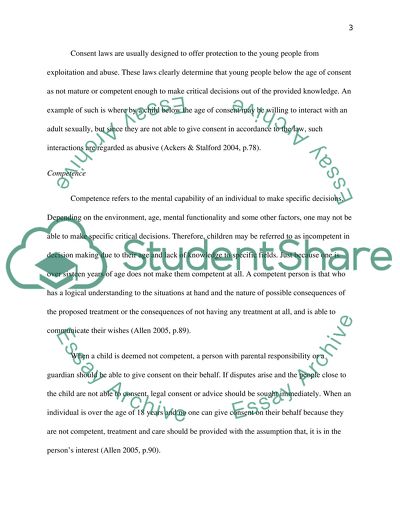Cite this document
(“Childcare and Children Rights: Law and Policy Essay”, n.d.)
Childcare and Children Rights: Law and Policy Essay. Retrieved from https://studentshare.org/law/1637033-childcare-law-and-policy
Childcare and Children Rights: Law and Policy Essay. Retrieved from https://studentshare.org/law/1637033-childcare-law-and-policy
(Childcare and Children Rights: Law and Policy Essay)
Childcare and Children Rights: Law and Policy Essay. https://studentshare.org/law/1637033-childcare-law-and-policy.
Childcare and Children Rights: Law and Policy Essay. https://studentshare.org/law/1637033-childcare-law-and-policy.
“Childcare and Children Rights: Law and Policy Essay”, n.d. https://studentshare.org/law/1637033-childcare-law-and-policy.


